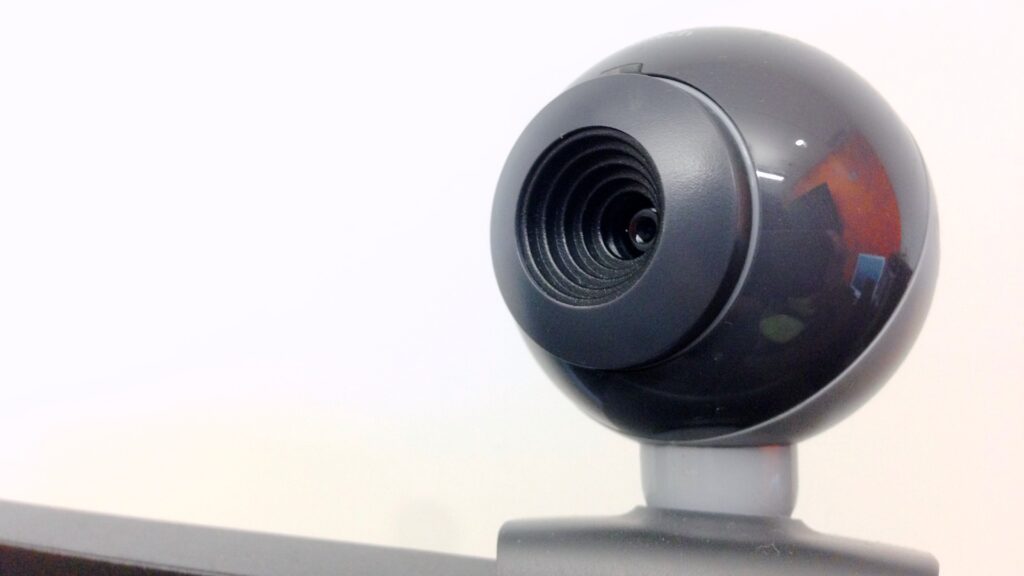Student Room Scanning During Online Testing Ruled Unconstitutional
A judge ruled protocols in online proctoring that require test proctors to scan student's rooms unconstitutional.

Remote learning during the pandemic brought forth plenty of apparent issues in public education. One of those concerns not so widely discussed deals with student privacy. Online proctoring, otherwise known as the technology that allows individuals to take timed assessments online while being monitored grew in popularity during times of school closures. Today, it is still widely used. Now, however, it has been ruled unconstitutional by a judge, who says that it violates students’ privacy rights.
According to The Verge, college student Aaron Ogletree sued Cleveland State University after the college used online proctoring protocols to virtually scan his bedroom via a webcam. The incident happened right before he was set to take a test during his Spring 2021 semester. The school has asserted its defense in the case calling the practice necessary to look for any red flags of possible cheating. However, Federal Judge J. Philip Calabrese sided with Ogletree, saying it violated the fourth amendments clause against governmental intrusion.
The fourth amendment to the constitution protects people from unreasonable searches. In his argument laying out the lawsuit, the student said that during online proctoring for his Chemistry exam, he was asked to show the person administering the test complete views of his bedroom. Test givers, schools, colleges, and universities often use this invasive tactic as a way to divulge whether or not the student may try to hide materials used to cheat on exams.
On the other hand, many have decried online proctoring scanning components as intrusive and unnecessary. At the time of his Chemistry exam, Ogletree complied and let the proctor scan his bedroom. Later, he learned that the footage would be housed and retained by Honorlock, the third-party vendor Cleveland State University hires to administer the testing.
Colleges all across the nation use various vendors like Honorlock to provide online proctoring for tests. In most instances like this, students are required to show test-givers their complete surroundings. Other less invasive policies instead use AI technology that flags qualifying suspicions that may convey the test taker is cheating.
In past instances, some colleges have voluntarily stopped using online proctoring services after widespread backlash from students and many professors. The University of Illinois Urbana-Champaign terminated its use of similar software last year. This decision came after massive petitions and demands campus-wide to discontinue the intrusive measure.

Even lawmakers have joined the growing call to address privacy issues with online proctoring. Senator Richard Blumenthal, a Democrat from Connecticut, joined the effort years ago. Blumenthal and six other senators urged virtual testing companies to reformat their virtual policies to address privacy issues.
In today’s world of well-reported intrusive technology, privacy is a major deal for many Americans. Online proctoring companies that scan students’ private rooms, and then store that recording in databases are viewed as extremely intrusive to plenty of students that have undergone this format of testing. Now that a federal judge has ruled Cleveland State’s use of software unconstitutional, this decision may set a precedent going forward on how these companies can administer exams.







